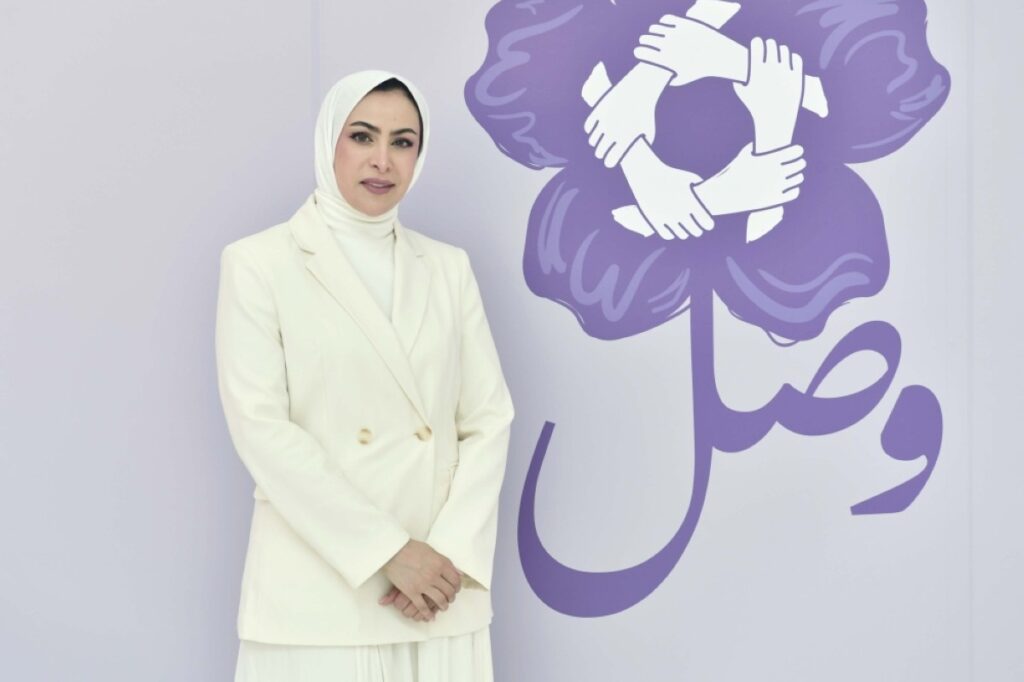KUWAIT: The Kuwait Dermatology Association has launched a public awareness campaign under the title “Wasel” to highlight hidradenitis suppurativa (HS)—a chronic, painful, and often misunderstood skin condition that affects both men and women and may go undiagnosed for years. As part of Hidradenitis Suppurativa Awareness Month, observed globally in June, the campaign includes outreach activities at hospitals, government ministries, and public spaces across the country.
“We want to raise awareness about HS—what it is, what causes it, what symptoms to look out for, and the treatment options available,” said Dr Abeer Al-Bathali, Secretary of the Kuwait Dermatology Association and Head of Dermatology at Farwaniya Hospital.
What is hidradenitis suppurativa?
In interviews with Kuwait News Agency (KUNA) and Kuwait TV, Dr Al-Bathali described HS as a chronic inflammatory disease that targets the hair follicles in areas where skin rubs together—such as the armpits, under the breasts, and between the thighs. It typically presents as recurrent, painful lumps or boils, which may develop into inflamed abscesses that rupture and drain. Over time, these lesions can lead to chronic wounds and sinus tracts, making the condition not only painful but physically and emotionally exhausting.
“The boils come back again and again, making the disease chronic and progressive,” she said. “Unfortunately, it can take between seven to 10 years for a proper diagnosis, even internationally. Patients are often referred to surgeons who remove the boils, but the disease itself remains untreated.” Risk factors and early signs HS is frequently misunderstood and misdiagnosed, especially in its early stages. According to Dr Al-Bathali, key risk factors include obesity and smoking
Treatment options
Thanks to efforts by the Ministry of Health, Kuwait offers modern, advanced treatments for HS. These include biological therapies, along with antibiotic regimens to manage infection and inflammation. In addition to medication, lifestyle guidance plays an important role in symptom control and long-term management, Dr Al-Bathali said in an interview with Kuwait TV.
Patients living with HS are encouraged to take several practical steps to manage their symptoms. Dr Al-Bathali stressed the importance of weight loss, noting a strong connection between excess weight and disease activity. She also advised patients to quit smoking, as tobacco use is a known trigger for flare-ups. Wearing loose-fitting cotton clothing can help reduce skin friction and irritation. Most importantly, she said, patients should maintain ongoing care with a dermatologist and stick closely to their prescribed treatment plans.
The Wasel campaign doesn’t stop at public education—it also aims to improve awareness and diagnostic skills among primary care doctors and surgeons, who are often the first medical professionals patients consult. Since HS symptoms can mimic other skin infections or abscesses, misdiagnosis is common, and unnecessary surgeries can delay proper treatment. “We’re working to increase awareness across all levels—from patients to family doctors to surgeons,” she added. The campaign also seeks to break the social and psychological barriers many patients face by offering both medical and emotional support to individuals and their families through education and counseling. — Agencies

